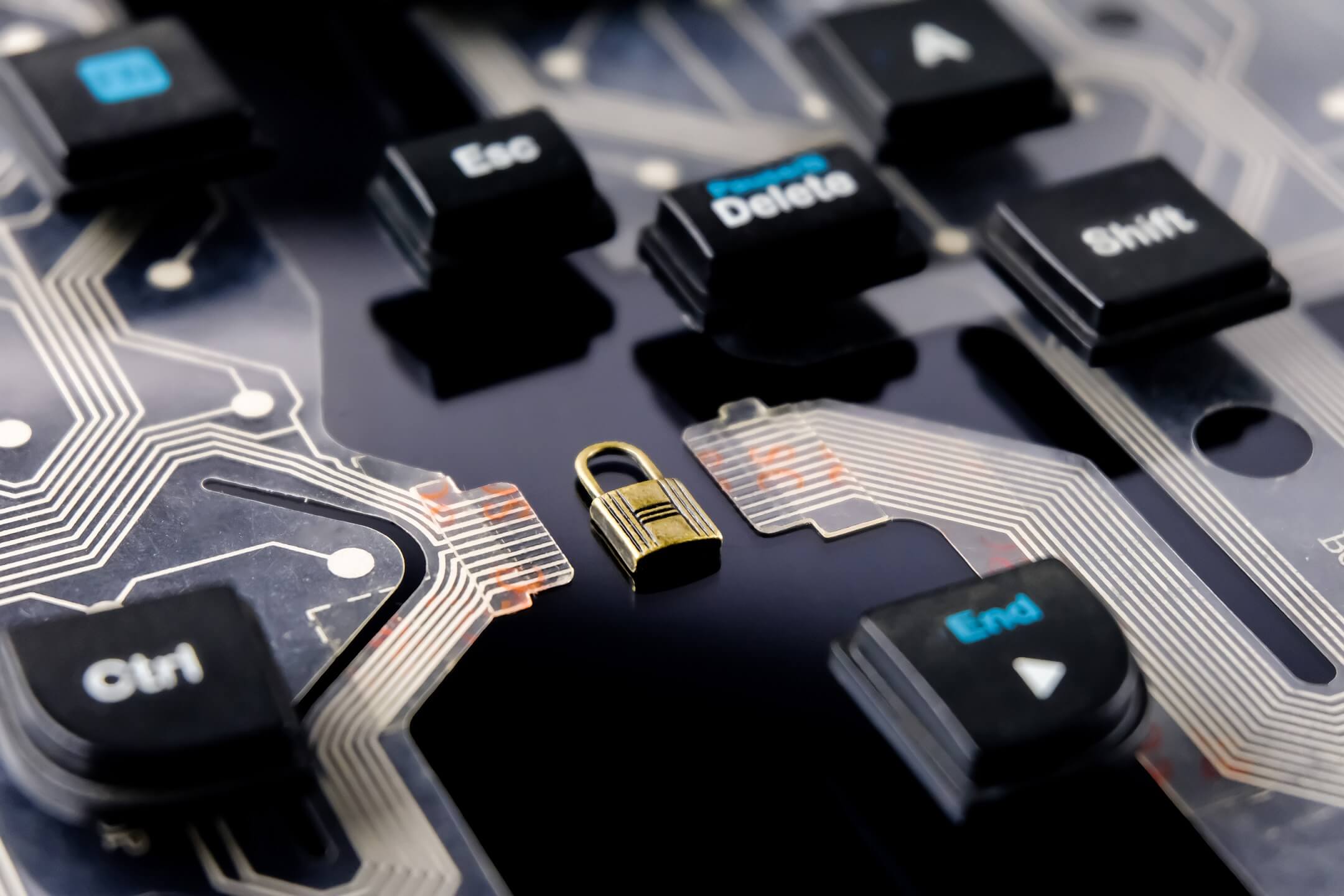Artificial Intelligence (AI) is transforming numerous industries, including cybersecurity. By integrating AI technologies, cybersecurity systems can become more powerful, intelligent, and efficient in combating a wide array of cyber threats. Here’s an exploration of the significant impacts AI is having on the cybersecurity landscape.
1. Enhanced Threat Detection
One of the most critical advantages of AI in cybersecurity is its ability to detect threats quickly and accurately. AI systems can analyze massive volumes of data at speeds far beyond human capabilities. By identifying patterns and anomalies that may indicate a threat, AI enables organizations to detect complex attacks much earlier than traditional methods.
2. Automated Response to Incidents
AI doesn’t just detect threats; it can also respond to them in real time. Automated security systems powered by AI can take immediate action, such as isolating affected systems or blocking suspicious activities. This rapid response can limit damage and stop attacks from spreading within an organization.
3. Predictive Capabilities
Through machine learning algorithms, AI can predict future attacks based on data from previous incidents. This predictive capability allows organizations to strengthen their defenses against potential threats before they become active problems, moving from a reactive to a proactive security posture.
4. Reduction in Human Error
Human error is a significant factor in many security breaches. AI can reduce this risk by automating complex processes that humans might handle incorrectly. By minimizing the human element in areas like data analysis and response activation, AI reduces the chances of mistakes that could lead to security vulnerabilities.
5. Scaling Security Operations
AI technologies enable organizations to scale their cybersecurity efforts without a corresponding increase in resources. AI can manage and monitor thousands of devices and systems simultaneously, ensuring that all parts of an organization’s network are continually protected against threats.
6. Enhanced Cybersecurity Training
AI can also revolutionize cybersecurity training programs. Using AI-driven simulations and training environments, organizations can create realistic scenarios that help security professionals learn and practice their skills in a controlled, yet complex, environment. This type of training is invaluable for preparing cybersecurity teams for real-world threats.
7. Improved User Behavior Monitoring
AI systems are particularly adept at monitoring user behavior and identifying actions that deviate from the norm. This capability can be crucial for detecting insider threats or any unauthorized attempts to access sensitive information, ensuring that organizations can respond to such threats promptly.
8. Cost Efficiency
By automating routine tasks and enhancing the effectiveness of cybersecurity measures, AI can help organizations save on operational costs. Reduced need for manual oversight frees up human resources for more strategic tasks, thus maximizing the cybersecurity budget.
9. Adapting to Evolving Threats
Cyber threats are constantly evolving, but AI systems can learn and adapt over time. As AI algorithms are exposed to new data and scenarios, they update their models to reflect new threats and tactics, keeping the organization’s security measures up to date.
10. Challenges and Considerations
While AI offers many benefits, it also presents challenges such as ensuring the privacy of data used in AI models and guarding against the misuse of AI technologies to create sophisticated cyber-attacks. Additionally, AI systems require continuous tuning and oversight to maintain their effectiveness.
The integration of AI into cybersecurity represents a significant shift in how organizations defend against cyber threats. As AI technologies continue to evolve, they promise to become an even more integral part of the cybersecurity infrastructure, offering smarter, faster, and more effective defense mechanisms against the increasingly sophisticated landscape of cyber threats.



